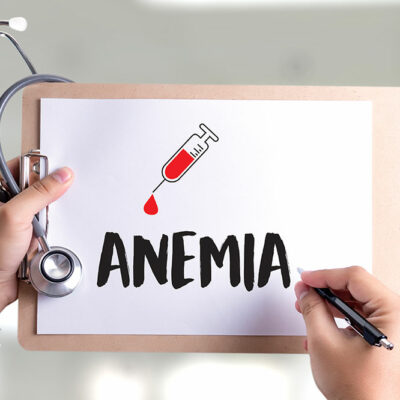
Lung Cancer Symptoms That Are Often Overlooked
And Helpful Treatments
Lung cancer, a leading cause of cancer deaths worldwide, often goes unnoticed in its early stages. This is largely due to the fact that many of its symptoms are easily overlooked or mistaken for less serious conditions. In recent years, advancements in treatment medications such as Zepzelca, tecentriq, opdivo, yervoy, atezolizumab, and Nivolumab have shown promising results in the fight against this deadly disease. However, early detection remains crucial for successful treatment. Let’s explore some of the most commonly overlooked symptoms of lung cancer and how they can be treated.
1. Persistent cough
A cough that doesn’t go away or worsens over time can be a sign of lung cancer. This is often mistaken for a common cold or allergies. If you’ve had a persistent cough for more than two weeks, especially if it’s accompanied by blood or a change in mucus, it’s essential to consult a healthcare professional.
2. Shortness of breath
Difficulty breathing or shortness of breath is another symptom that is often overlooked. This can be due to a tumor blocking the airway or fluid build-up in the chest caused by lung cancer. If you find yourself frequently short of breath, especially during activities that didn’t previously cause you to struggle for breath, it’s worth getting checked out.
3. Chest pain
Chest pain that worsens with deep breathing, coughing, or laughing can be a sign of lung cancer. This symptom is often mistaken for heartburn, a pulled muscle, or heart disease. Persistent or worsening chest pain should always be evaluated by a healthcare professional.
4. Unexplained weight loss and loss of appetite
Lung cancer can cause a decrease in appetite and unexplained weight loss. This is often dismissed as stress or a busy lifestyle. However, if you’ve lost weight without trying and have a decreased appetite, it’s important to seek medical advice.
5. Fatigue
While fatigue is a common symptom of many conditions, persistent or worsening fatigue can be a sign of lung cancer. This is often overlooked as a symptom of a busy lifestyle or aging. If you’re constantly feeling tired, despite getting enough sleep and rest, it’s time to see a doctor.
Once diagnosed, there are several treatment options available for lung cancer, including surgery, radiation therapy, and chemotherapy. In recent years, targeted therapies such as Zepzelca, tecentriq, opdivo, yervoy, atezolizumab, and Nivolumab have been developed. These medications work by targeting specific genes or proteins that contribute to the growth and survival of cancer cells, offering a more personalized approach to treatment.
In conclusion, while lung cancer is a serious and often deadly disease, early detection can greatly improve the chances of successful treatment. By being aware of the often-overlooked symptoms, you can take action early and seek appropriate treatment. Always remember, your health is your wealth, and no symptom should be too small to be checked out.


